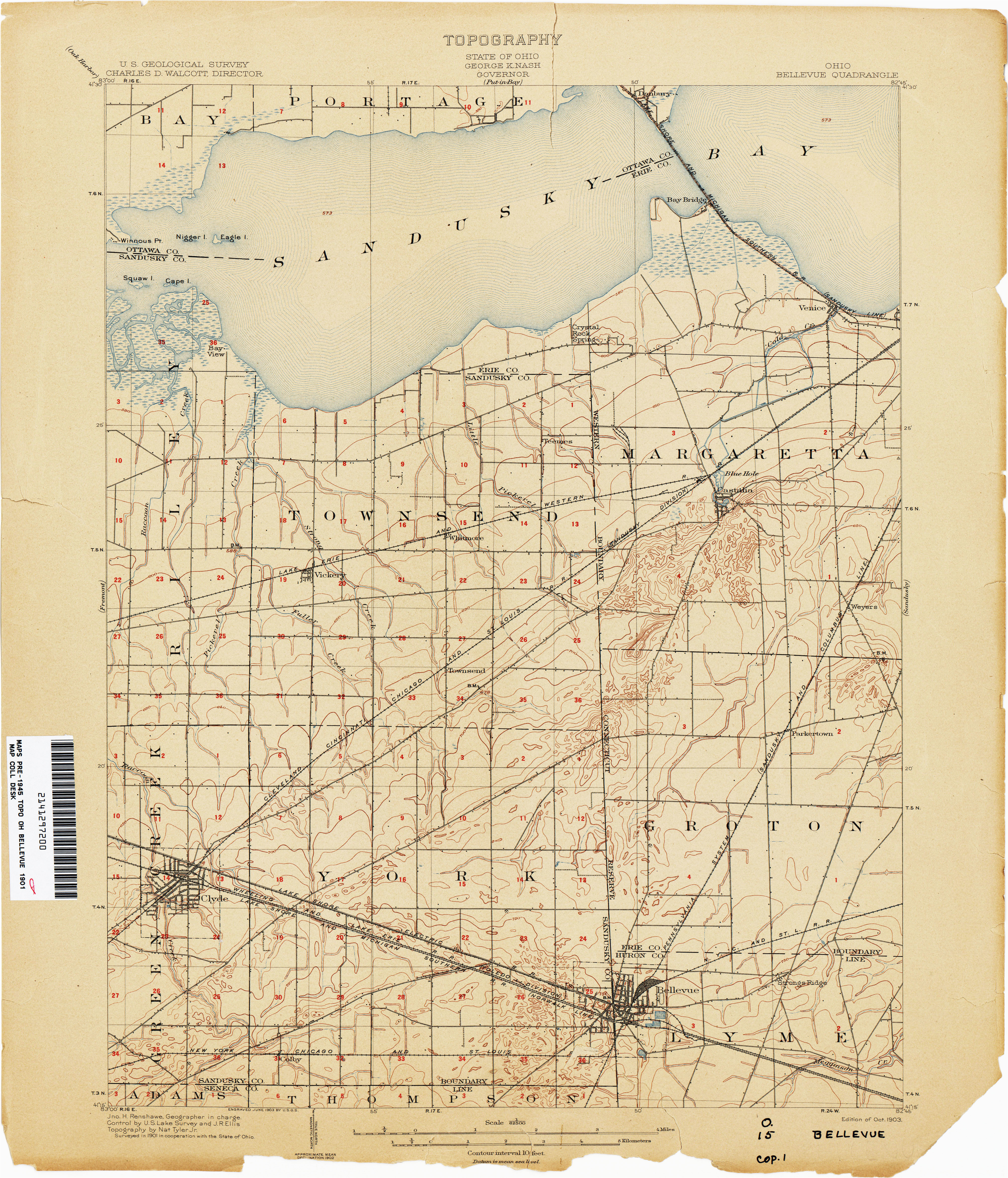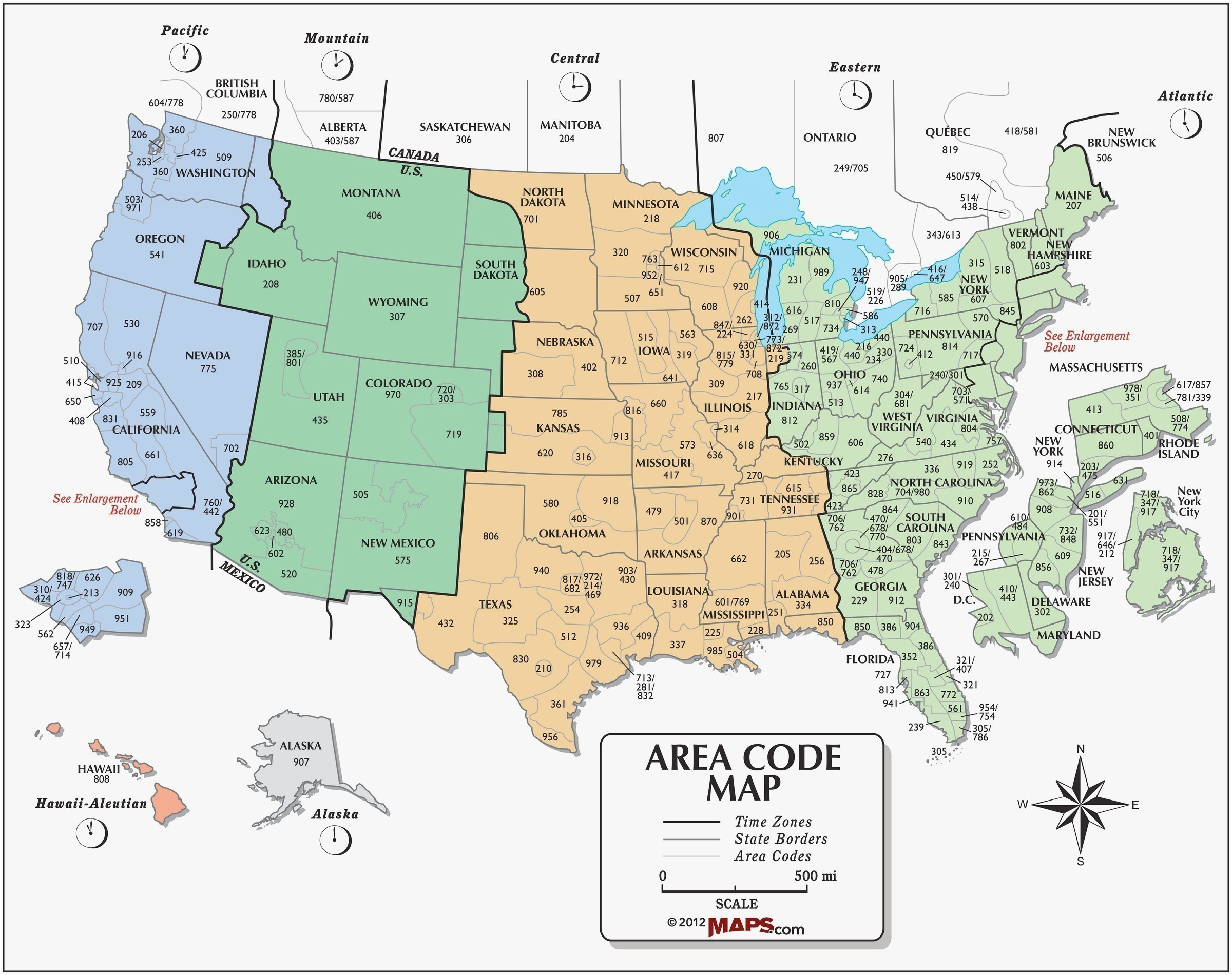

I foresee two possibilities, either of which I’m OK with. But failing that, it would also work fine just to assume that “4pm,” as entered by the user, unless otherwise specified means “4pm in whatever time zone we find ourselves in when the appointed day arrives.” The ideal, I suppose, would be to use machine learning to guess the intended time zone for each calendar entry.

But then last week, completely independently, a postdoc started complaining to me, “you know what’s messed up about Google Calendar?…” Until recently, I thought it was just me and Dana who had this problem. At least, until we learned to painstakingly enter the time zone for every calendar entry by hand (I still often forget). And its not understanding it-just that one little point-has led to years of confusions, missed appointments, and nearly-missed flights, on both my part and Dana’s. There’s no reason why I would ever mean, “4pm in whatever time zone I’m in right now, while creating this calendar entry.”īut Google Calendar doesn’t understand that. In such a case, I always- always-mean 4pm California time. The issue is this: suppose I’m traveling to California, and I put into Google Calendar that, the day after I arrive, I’ll be giving a lecture at 4pm. It’s time someone said it in public: the semantics of Google Calendar are badly screwed up. Hell, I don’t even begrudge Google its purchase of a D-Wave machine-even that might’ve ultimately been for the best, since it’s what led to the experiments that made clear the immense difficulty of getting any quantum speedup from those machines in a fair comparison.īut of course, all that fulsome praise was just a preamble to my gripe.

If Google’s hiring of John Martinis and avid participation in the race for quantum supremacy weren’t enough, in the past year, my meeting both Larry Page and Sergey Brin to discuss quantum computing and the foundations of quantum mechanics, and seeing firsthand the intensity of their nerdish curiosity, heightened my appreciation still further for what that pair set in motion two decades ago.
Bryan ohio time zone free#
I’ve never worked at Google, or had any financial stake in them, but I’m delighted to have many friends at Google’s far-flung locations, from Mountain View to Santa Barbara to Seattle to Boston to London to Tel Aviv, who sometimes host me when I visit and let me gorge on the legendary free food. And apparently many of them work at Google.” You’ve probably had the experience of Google completing a search query before you’d fully formulated it in your mind, and thinking: “wow, our dysfunctional civilization might no longer be able to send people to the Moon, or even build working mass-transit systems, but I guess there are still engineers who can create things that inspire awe. Like a latter-day Prometheus, Google brought a half-century of insights down from Mount Academic CS, and thereby changed life for the better here in our sublunary realm.


 0 kommentar(er)
0 kommentar(er)
